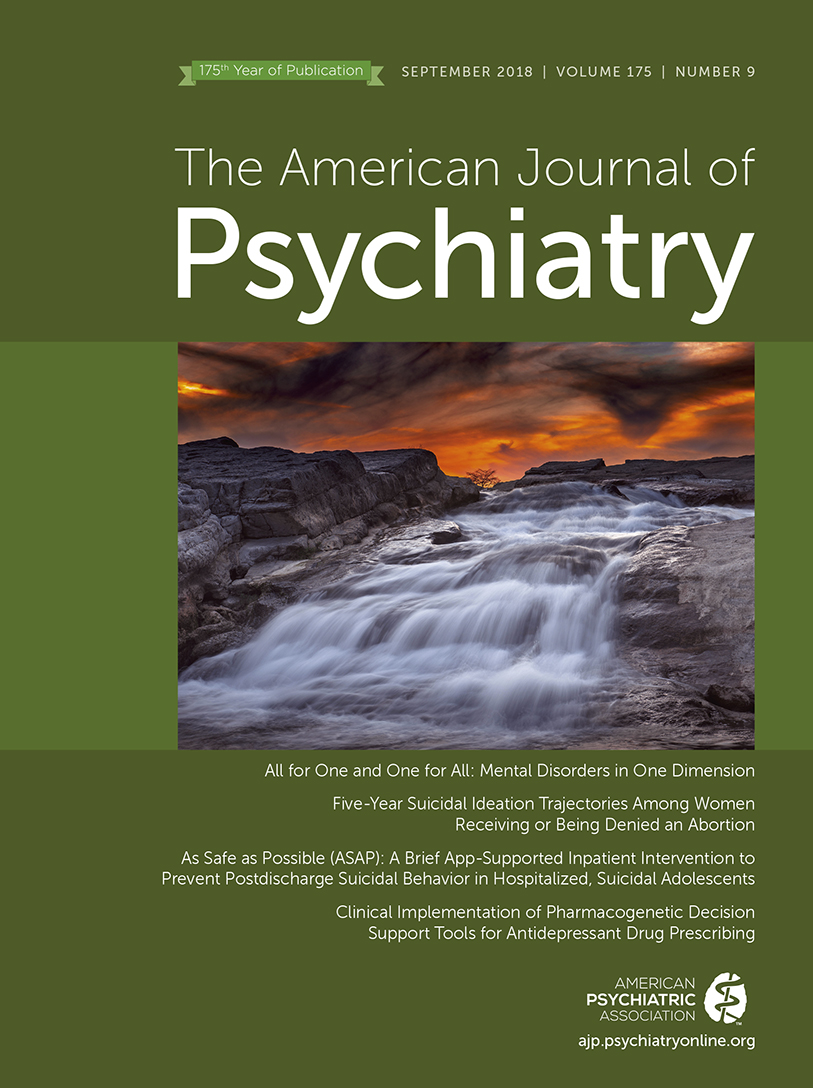Clinical Implementation of Pharmacogenetic Decision Support Tools for Antidepressant Drug Prescribing
Abstract
The accrual and analysis of genomic sequencing data have identified specific genetic variants that are associated with major depressive disorder. Moreover, substantial investigations have been devoted to identifying gene-drug interactions that affect the response to antidepressant medications by modulating their pharmacokinetic or pharmacodynamic properties. Despite these advances, individual responses to antidepressants, as well as the unpredictability of adverse side effects, leave clinicians with an imprecise prescribing strategy that often relies on trial and error. These limitations have spawned several combinatorial pharmacogenetic testing products that are marketed to physicians. Typically, combinatorial pharmacogenetic decision support tools use algorithms to integrate multiple genetic variants and assemble the results into an easily interpretable report to guide prescribing of antidepressants and other psychotropic medications. The authors review the evidence base for several combinatorial pharmacogenetic decision support tools whose potential utility has been evaluated in clinical settings. They find that, at present, there are insufficient data to support the widespread use of combinatorial pharmacogenetic testing in clinical practice, although there are clinical situations in which the technology may be informative, particularly in predicting side effects.



